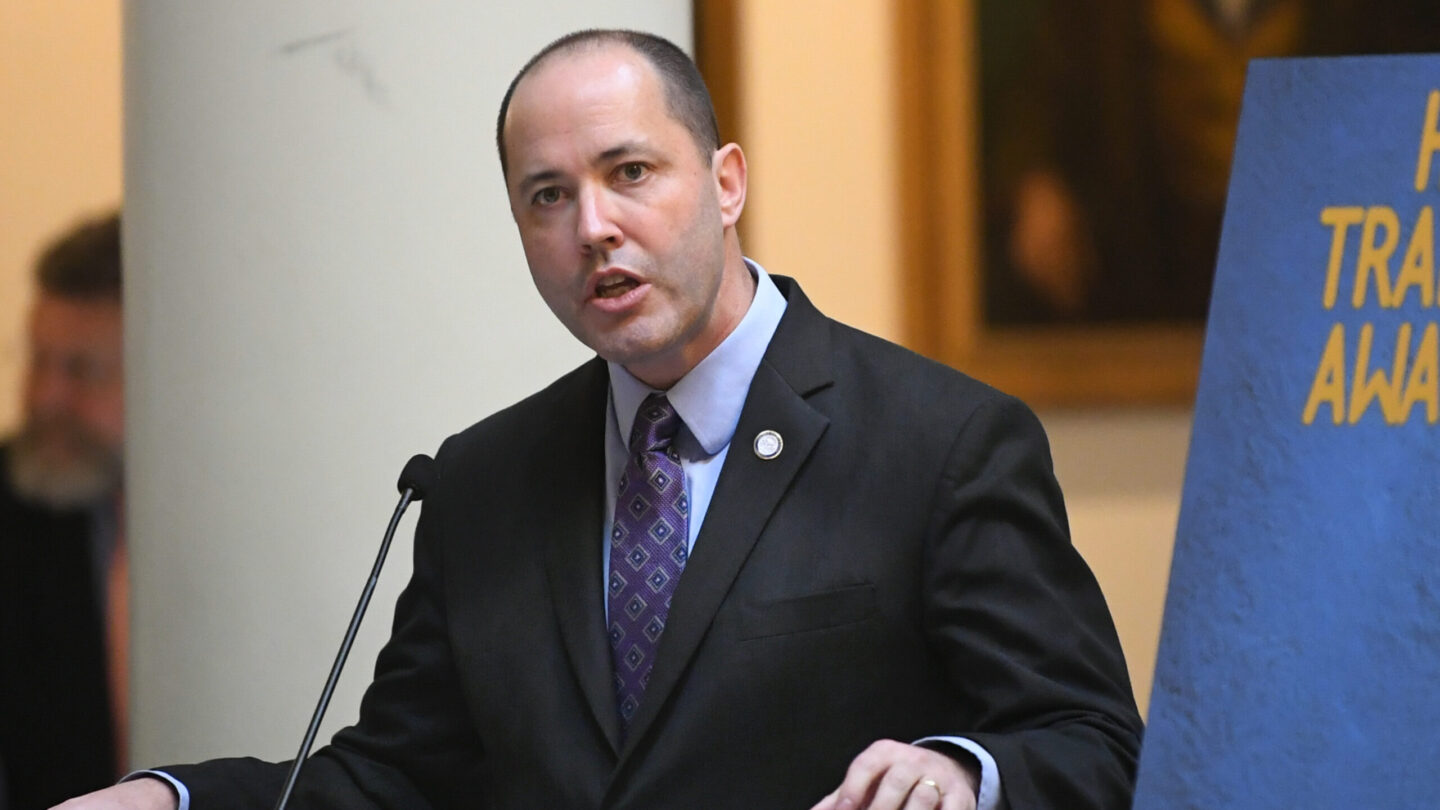Georgia is asking a federal appeals court to put elections for public service commissioners back on the November ballot, a week after a federal judge found that the statewide election of the five commissioners illegally diluted Black votes.
Attorney General Chris Carr on Monday asked the 11th U.S. Circuit Court of Appeals to allow elections for two commissioners to go forward after U.S. District Judge Steven Grimberg ordered the state to not prepare ballots for the elections.
The state argues that Grimberg fundamentally erred in his decision by concluding that race and not Democratic partisanship drove the defeat of the candidates preferred by Black voters. It also says the judge overstepped in concluding that only state law and not the state constitution requires statewide elections.
Grimberg ruled that the current system that elects commissioners statewide but requiring them to live in a particular district illegally handicapped Black-favored candidates, and that they would have a better chance of winning if only voters in a district voted on each candidate.
The state asked the 11th Circuit to issue a stay by Friday, in time to allow ballots with the two commission elections to be printed. The plaintiffs were instructed to reply to the state’s arguments by Wednesday.
Plaintiffs have said district elections would bring to the forefront concerns of Black voters, including people with lower incomes who pay high utility bills.
The lawsuit was brought by leaders of the NAACP, Georgia Conservation Voters and Black Voters Matter. Brionté McCorkle. executive director of Georgia Conservation Voters, called the appeal “nothing more than a desperate last-ditch attempt to reinstate unfair and discriminatory laws.”
The commission regulates Georgia Power Co. and other utilities, determining how much companies are allowed to bill millions of ratepayers.
The state says the elections should go forward with the current candidates. District 3 Commissioner Fitz Johnson and District 2 Commissioner Tim Echols, both Republicans, are seeking reelection. Johnson is being challenged by Democrat Shelia Edwards while Echols faces Democrat Patty Durand and Libertarian Colin McKinney.
“The district court’s determination means that all Georgia voters will be unable to vote on their utility regulators in the November 2022 election and will be prohibited from ever electing utility regulators on anything but a district basis moving forward,” the state’s lawyers wrote.
If Grimberg’s ruling stands, state lawmakers would have to draw single-member districts for the commission. An election would be held later.
Another federal judge earlier this year allowed Georgia’s congressional elections to go forward in redrawn districts even though he preliminarily found that the redistricting was likely to illegally harm Black voters. He was following a string of higher court decisions that have said that it’s more important to allow elections to go forward, even if district lines may violate federal law.
Voting rights advocates have decried the trend, saying it allows states to proceed with illegal elections and sparking fears that the U.S. Supreme Court will gut the part of the Voting Rights Act that lets people win lawsuits challenging district lines and other voting provisions.
Grimberg explicitly rejected the state’s argument that Black voters end up on the losing side because of partisan reasons that aren’t driven by race.
“They are not selecting Democratic candidates because they are Democrats; they are selecting Democratic candidates because they perceive, rightly or wrongly, that those candidates will be more responsive to issues that concern Black voters,” Grimberg wrote.
But the state argues Grimberg’s ruling didn’t do enough to determine that race was driving partisan choices.
“If the electoral defeats are caused by partisan politics and not ‘a voting community . . . driven by racial bias,’ then there is no illegal vote dilution and plaintiffs are not injured,” the state argued in its appeal to the 11th Circuit.
The state argues that Grimberg erred by not allowing the state Supreme Court to weigh in on whether the state constitution requires at-large elections and wrongly changed Georgia’s form of government.










